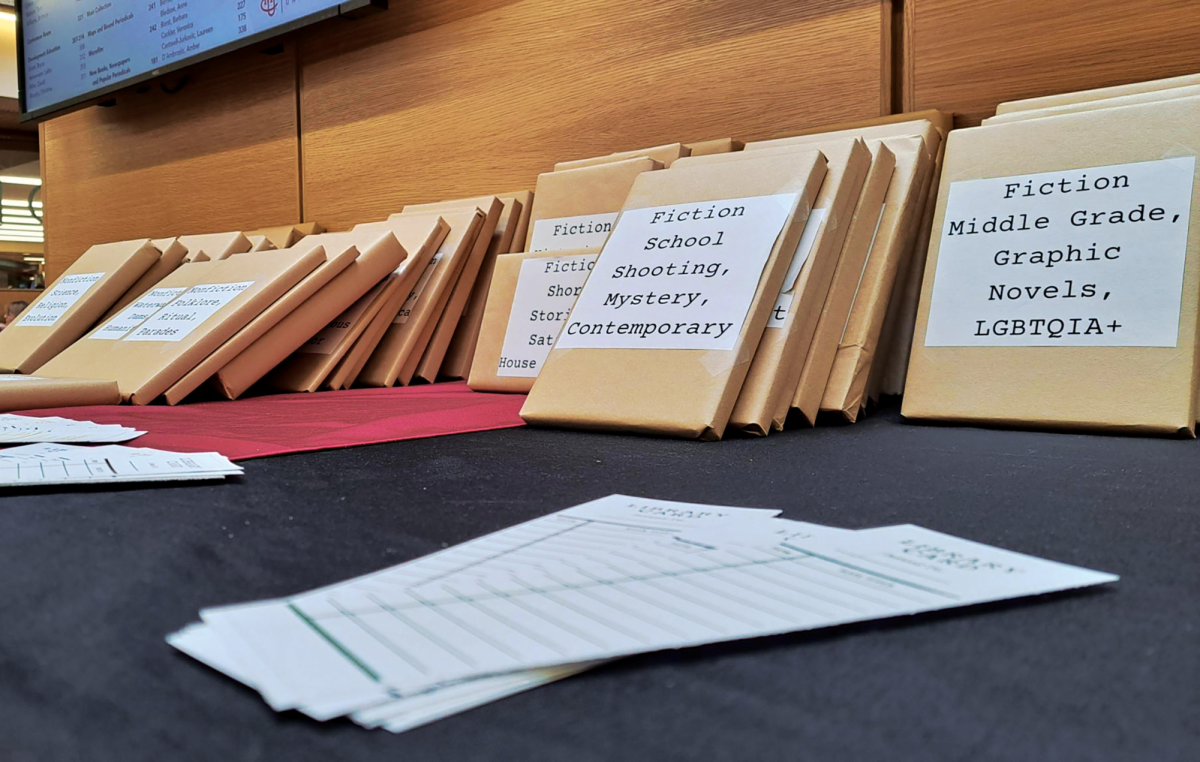Students have been advocating for more expansive mental health services on campus. This is all the more pertinent considering the disproportionately high suicide numbers in this part of the country. According to the Mesa County 2021 suicide report, Mesa County is the fifth highest per capita county in suicide rate in the nation, and its 32 instances per 100,000 residents is nearly twice the national average.
Currently, Colorado Mesa University (CMU) offers mental health services through the Student Wellness Center (SWC) and has started some mental health-focused campaigns through their “HealthyU” initiative, which includes the Real -Talk Series and a hub of other resources on their Campus Resource Hub online page.
However, some students argue that the school could do even more. Junior Psychology Club President and practicing addiction counselor Preston Fluekiger, as well as CMU National Alliance on Mental Illness (NAMI) President Brooke Erickson have led the charge in creating a new subcommittee to better lobby student concerns to university administration. This new committee is an off-shoot of the Real Talk Committee already in place.
“[Our] goal is to empower students to make changes on their campus as community members. If we don’t say what we want or how we want it done, then the administration is just going with the best information they have. We need to make sure that they are aware that this is something that students are heavily interested in. CMU has a responsibility to its students to provide health services, because they have people living on campus. Students need [mental health services] to thrive and continue their education. Addressing this would also help our administration with student retention,” Fluekiger said.
Specifically, Fluekiger and other students cite inadequate staffing issues within the Behavioral Service Department at the SWC as a glaring issue with the current structure of mental health support at CMU
“There is an inadequacy with the Student Wellness Center (SWC), but I think there are a couple of ways we can fix it. It’s very difficult to get in with a therapist. I tried to do so myself, but couldn’t go through university therapists because my schedule didn’t line-up with their availability. One way to solve this, though, is through employing more therapists,” Fluekiger said.
To this end, Associated Student Government and Director of Advocacy and Health Anna Lee Walker recently coordinated and passed a bill that funds five additional hours for licensed Professional Counselor Candidates (LPCCs). The subcommittee aims to advocate for more of these efforts.
“Another way to help would be to increase the budget for the SWC. We could develop a system that creates money from other external sources, like a grant from [Mesa] County, that can be turned into more student services. If we’re going to really improve mental health on campus, I encourage us to really look at ways to get more money [into the system],” Fluekiger said.
Although the exact details are still in the works, the subcommittee will be officially meeting to discuss mental health with other students next fall, most likely sometime in the evening. Students who are interested in voicing their concerns and perspectives should reach out to [email protected] for more updates.









